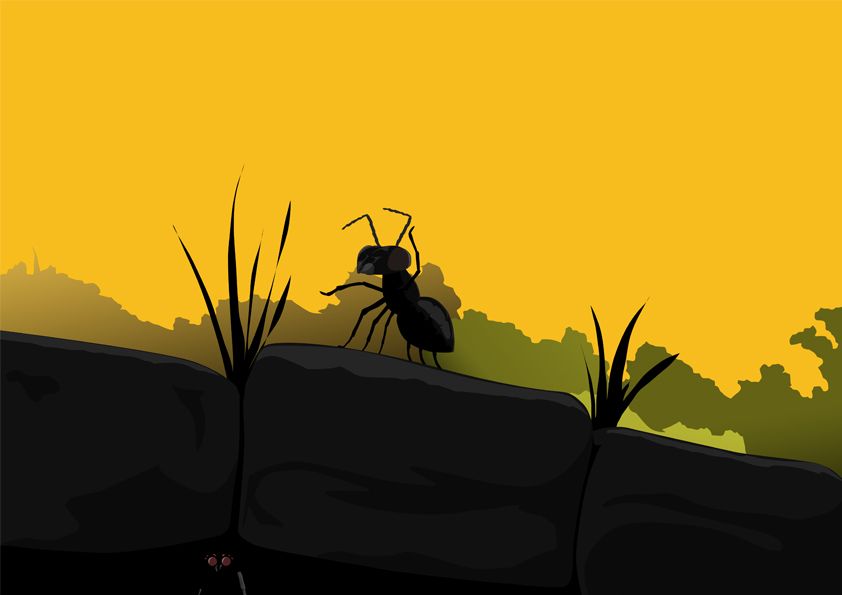In the East Coast, them dudes were
Queensbridge this, Queensbridge that
South Bronx that, South Bronx this
We popped this, you not this…
And yet in the Yay, way out West, spitters chose to forgo MC battles and directed their attentions toward conditions, gave renditions of the decay coming and staying. At that time, we had our own brand, not contrived from boasts, but derived from situations, state-sponsored seditions that heads out East did not choose to stress: the seep of drug culture rot into black neighborhoods, babies stuck in states of constant suck, the every-day slow-mob zombie apocalypse, the break-of-dawn hell tableaus, the cheap new ways to sell rock break rock cook rock smoke rock get hooked on rock suck dick for rock fuck for rock then die for a rock. We heard “The Message,” perceived “The Message,” reality-core rap that broke through bravado—it was TV-cop-show commercial to us, though; it tasted trite, even then—while we concurrently had our own bridge-side turf war, out there back of Vervais, not over words, but over hubbas, the new coke-n-soda sensation, the reason for the season, the season for a fiending, stealing, selling, smoking, fiending, stealing, selling, smoking life cycle: we had our own bridge-side turf war, out back of Warford, instead of tired claims of origin and dominion. We had our own West-side, every-side, turf war, out front of Gateway, so deeply felt, cut so close to the city’s collective bone, that every kempt brain in the V knew the score: when Hubba-Heeaad…Hubba-Heeaad firstbumped out of every passing car, it was us. The grief, the pain, the plague—it was in the name, it was in the name; it was us. That’s what Hip-Hop could do for us, would do for us. This new form would speak for this town. This new sound would claim our forgotten dead, would name our walking dead.

